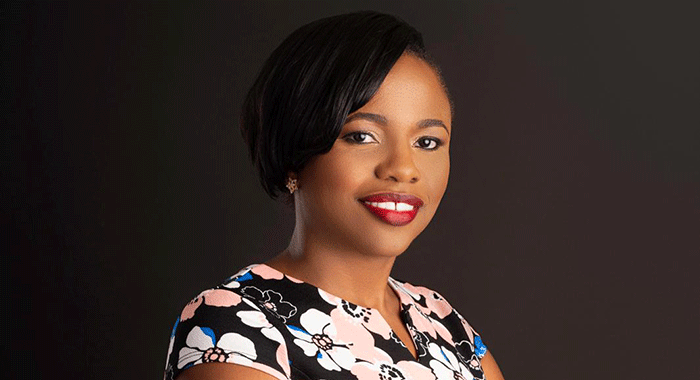By Shafia London
In this release, we will look at more claims of preventing the spread of virus such as antibiotics, vaccines, social distancing and wearing masks.
Antibiotics
Antibiotics have no effect on a virus. Antibiotics kill bacteria. But researchers are testing antiviral drugs that might disrupt viral proteins and stop the infection. Taking antibiotics when you have a virus may do more harm than good. Taking antibiotics when they are not needed increases your risk of getting an infection later that may resist antibiotic treatment. The next time your doctor prescribes antibiotics when you have the flu, it might be worth your while to question it.
Vaccine
Vaccines work by pre-infecting the body, so it knows how to produce the right antibodies as soon as the virus starts reproducing. There are no known vaccines for COVID-19. Experts are now testing both anti-viral medications and vaccines, but it is unlikely that we will have a vaccine to prevent COVID-19 for at least a year. Vaccines must go through numerous stages of development, including animal and human tests, until they can be widely used.
Social distancing
This virus is new to humans, so we all have more or less 100% chance of becoming infected once exposed unless we are vaccinated. Experts are therefore urging people to keep their distance from one another.
Social distancing now called physical distancing will not eliminate COVID-19. The aim is to slow the disease’s spread — also known as flattening the curve – so that hospitals would not be overwhelmed with large numbers of sick people all at the same time.
When the first cases surface in a country, officials work do what they call “contact tracing.” Contact tracing is when they find each person who had had contact with the person who had a confirmed case of COVID-19. Then, those people are usually placed in isolation. This is called containment.
Containment requires strict separation from others. If someone who is “isolated” or “quarantined” is infected (they may not know they are) and goes home and interacts with family members or uses the same utensils, opens the same doors for example, based on what we know on the spread of the virus (see previous article) this defeats the point of isolation or quarantine. Without strict isolation, the virus is likely to spread from human to human rapidly.
To slow the spread of the virus spreading from human to human throughout the community, many government leaders take dramatic steps to close public venues and introduced curfews to reduce people to people contact. Again, this will not eliminate the virus but it is likely to reduce the rate of the spread. Most places have now moved from containment of the epidemic to mitigation, meaning reducing the number of people who get infected at the same time.
Wearing masks
Coughing and sneezing can expel virus-laden droplets onto nearby people and surfaces, where the virus can remain intact for several hours to several days. Face masks work by blocking droplets from coughs and sneezes that are the main transmission route of coronavirus. Experts recommend that people diagnosed with Covid-19 wear masks to reduce the release of viruses. Health care workers and others who care for infected people should wear masks, too. A mask might prevent virus laden droplets from falling directly unto a person’s face. Remember we discussed how tiny a virus is- this means not all masks are effective at filtering out very small particles and viruses can still enter through the eyes.
In our final release in this short we will explore the similarities and differences between Covid19 and the seasonal flu and what makes Covid19 so dangerous if left unchecked!
***************
Shafia London holds a BSc (1st Hons) Major Biochemistry and Double Minors in Communication and Human Resource Management from the University of the West Indies. She is a MSc Biochemical Engineering Graduate of the world-renowned University College London. Before returning to the Caribbean, she worked briefly as a researcher with University College London studying the use of Pichia pastoris in commercial vaccine production through recombinant DNA techniques. She then switched to business and is now completing an MBA and is the Commercial Manager, Banks Holdings Ltd group of companies – manufacturers of Banks beer, Deputy Beer, Plus, PineHill Dairy juices and Milks among other popular products







Ms.London, have performed a great public service by writing these articles. I’ve found them very educational and informative. Thank you very much Ms.London.